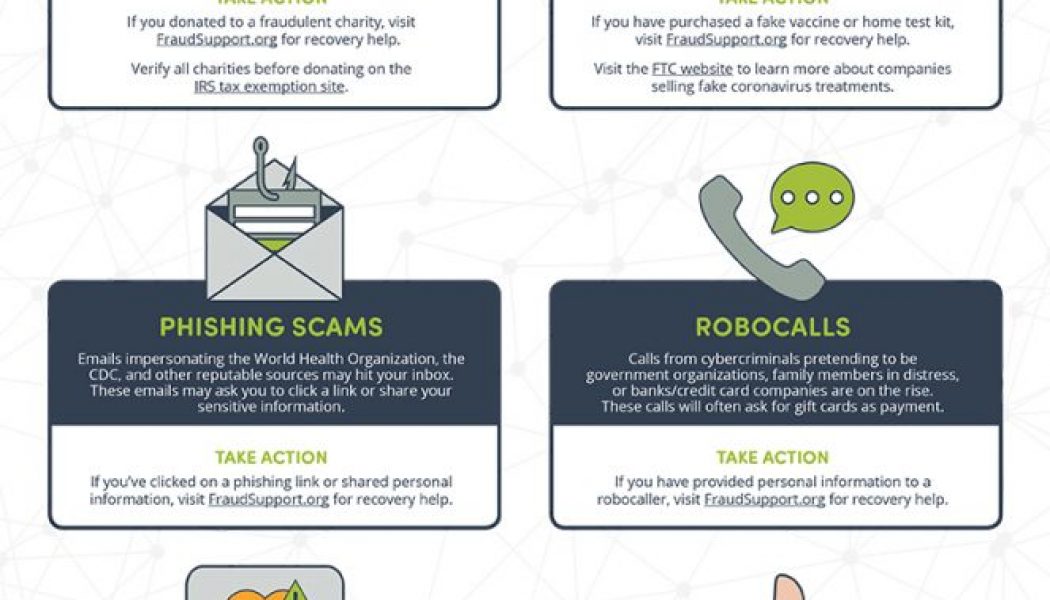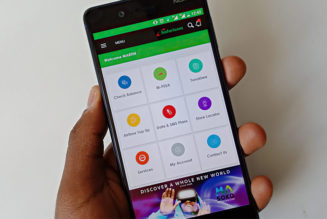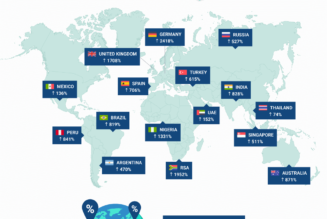The coronavirus pandemic has resulted in the increase of activities, businesses, and transactions in the virtual world. For scammers, this has not been an exception. According to a survey conducted by credit bureau TransUnion, virtual scams have increased in South Africa due to the quarantine regulations that South Africans had to face.
It is important to remember that just the mere fact of being Internet users and by performing different operations from a computer, we are already vulnerable to being hacked. This doesn’t mean users should be scared. In fact, it is fundamental to take into account certain aspects at the moment of perform financial transactions, or requesting for credit or a loan in order not to fall into this type of virtual traps.
In the first place, it is important to understand that financial institutions will never ask for your personal information by an email, message or calls.
Under the circumstances, an essential tactic is to know and understand how online fraudsters operate. If we are aware and warned about how they work, we will be able to prevent any attack to our accounts.
/* custom css */
.tdi_3_555.td-a-rec-img{ text-align: left; }.tdi_3_555.td-a-rec-img img{ margin: 0 auto 0 0; }
In order not to get your bank information stolen, what you should do is to be suspicious of the emails, texts, or calls that you receive. For this reason, we should know which ones we should trust and which ones we should not.
Emails are a very useful communication tool for anyone, including hackers. This tool allows people to send anything to anyone with an email address. Since this means has came out, it as been the target tool for financial scams. Hackers can send trustworthy-looking content in an email that appears to be sent from a well known source when they are not.
This kind of emails have a link that will direct you to a fake website that looks like a real one. On this website you will be asked to update your personal information. If it happens that you trust one of these emails, you may end up giving personal information such as account numbers, user names, access codes or passwords. This type of online scam is know as phishing.
To avoid this kind of cyberattack, what you should do is to pay attention to the email address of the sender and check it against the one or the ones that are listed on the official website.
Additionally, for the sake of being even surer about it, you can contact the company and ask them for the possible emails that they could be using to send you these kinds of emails. It is also important not to answer the emails that you are suspicious of and not to click or answer on the pop-up messages that ask you for your personal information.
Carla Oberholzer, debt adviser at DebtSafe says, “Lately I have seen various dodgy emails and SMS messages doing the rounds again – the familiar pattern/procedure of loan sharks that our consumers get confronted with. Consumers are finding themselves in desperate situations and fall victim to these crooks. Criminals disguise their operations and offer so-called ‘legal credit proposals’ such as loans, for example. A typical advertisement can include certain conditions and ‘upfront payments’ or fees. Consumers should not be caught off-guard as this is illegal and a criminal offense according to the National Credit Act.”
If you are planning to ask for a loan, a good way of recognizing which are the safest loans to start a business is to know and get familiarized with safe headers, titles, captions of the advertisements, or messages that we receive or are in touch with. Make sure you are fully aware of messages such as “Cost-effective loan in a short time frame”, “*5% Fixed Interest Rate, no Credit Review, From R20,000.00 to R10million*”, “COVID Financial Relief Program” or “Call Mr. & Mrs. What What for Lockdown Relief” or the ones that simply type: “Hi!”.
Make sure you explore, consult and analyze credit companies and verify that the company or the creditor are registered under the NCR. Many cyberattacks are carried out by people who claim to be creditors and ask customers for upfront fees. For the sake of preventing this type of fraud, It is important to know that registered creditors are not allowed to request these types of fees.
In the case of being a victim of a cyber attack or of an online financial fraud, or just by being suspicious of one, the first it should be done is contact and notify the area in charge of fraud of your bank. Credit bureaus that may be affected for the incident you also been notified as well as the Southern African Fraud Prevention Service (SAFPS) and the complaints department at the NCR.
Depending on the case, you may have to go to the nearest police headquarter in the interest of getting a statement of the fraud and a written report to use as proof.
It is highly recommended to avoid being cheated by scammers that you take good care of your account and your money. In these times of crises and difficult financial times is when online fraudsters appear the most since they take advantage of the economic despair that South Africans are experiencing and aim to deceive them.
Remember to always be vigilant, use all these tools to be sure the credit provider is not seeking to offer you a scam, corroborate that you really need the loan or credit you are about to apply for, and make sure to safeguard the money you earned with your own effort.
Sponsored










